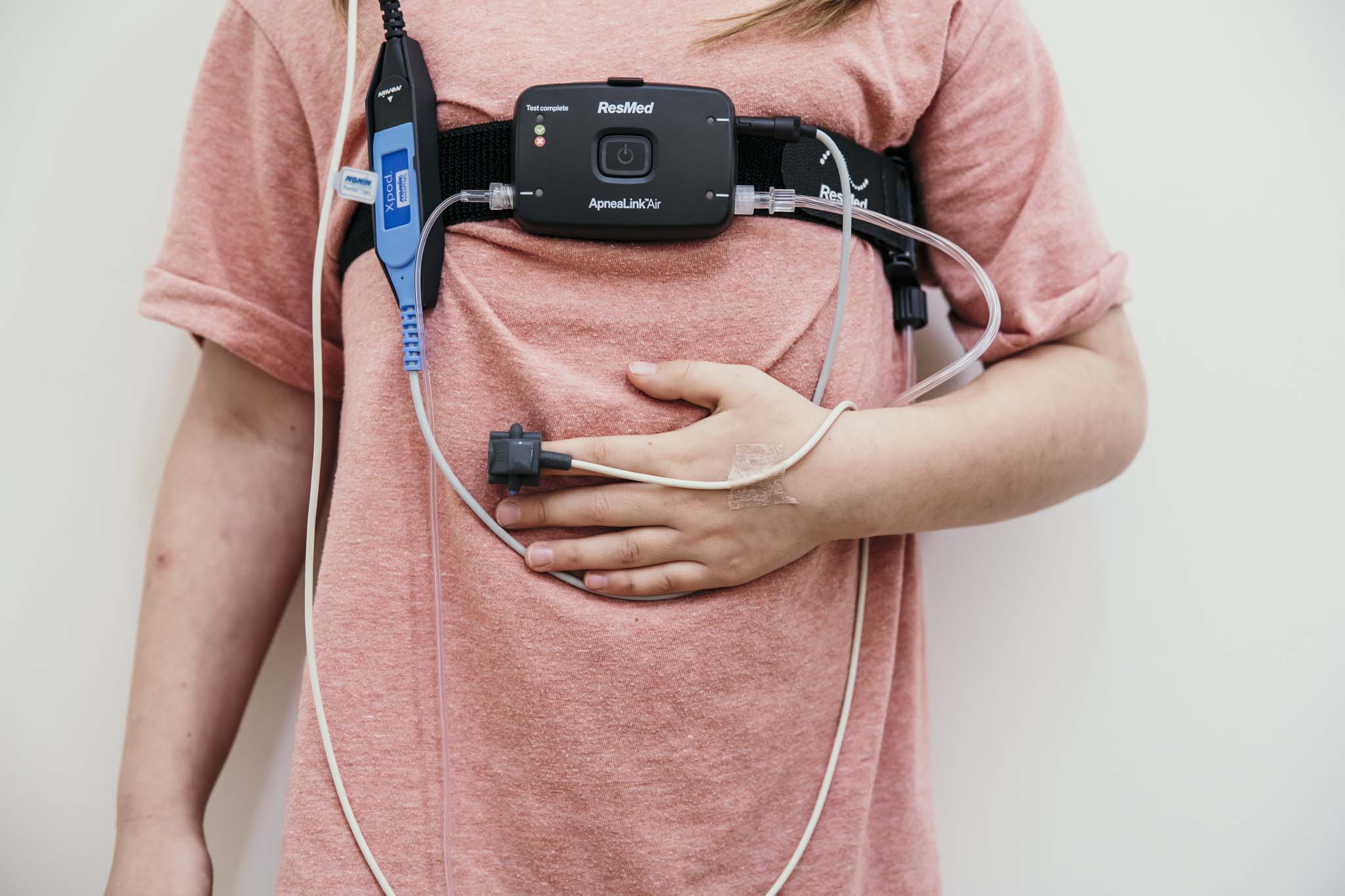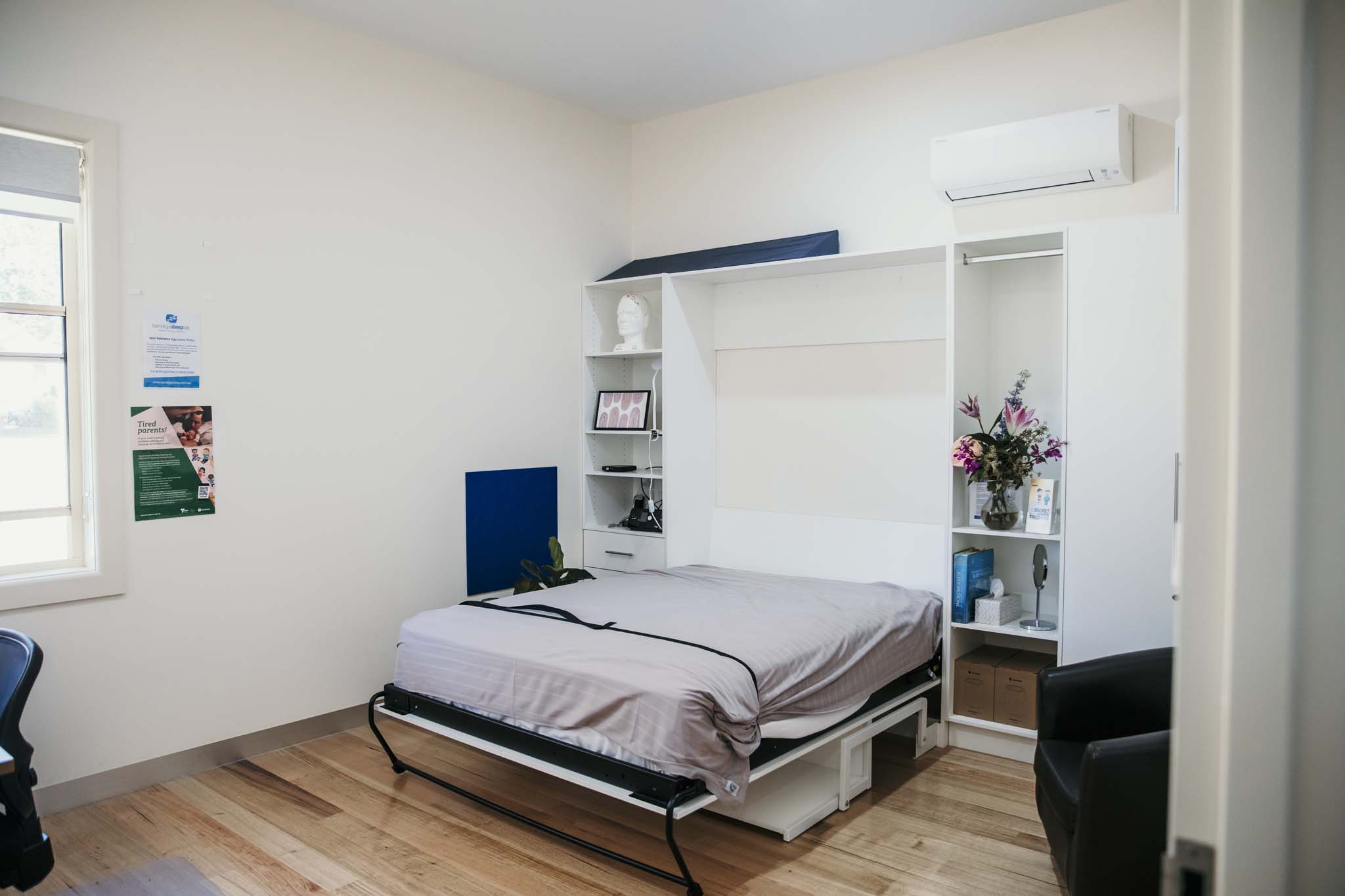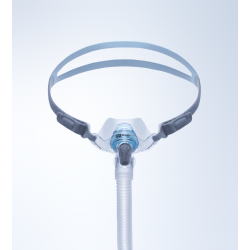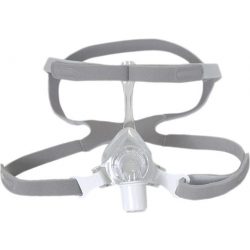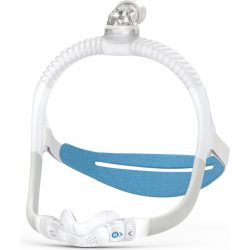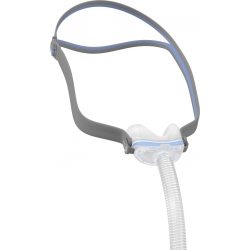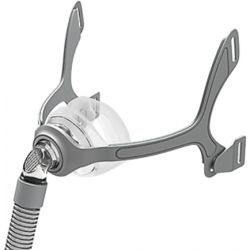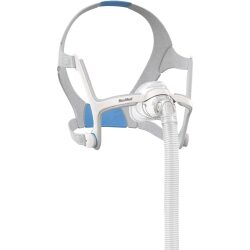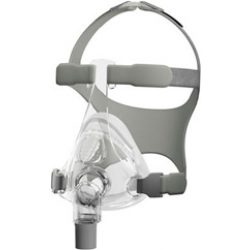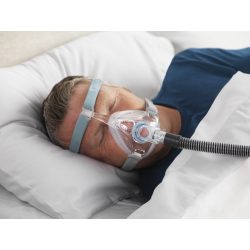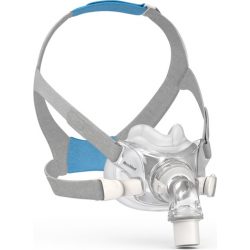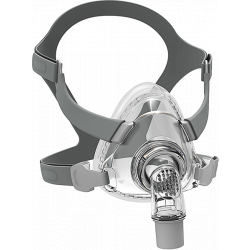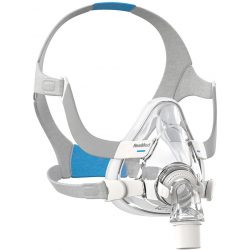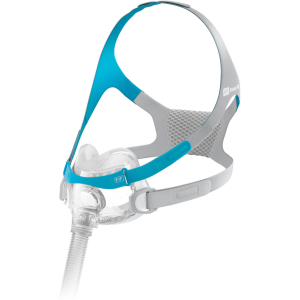WHAT IS A
SLEEP STUDY?
A sleep study involves the recording and monitoring of bioelectric signals from various locations on the body.
It is the most involved medical test you can do, as we look at many different signals over such a long period of time.

What does a sleep study involve?
We conduct a range of sleep studies, the details of which can be found below.
A sleep study includes the recording and monitoring of bioelectric signals from various locations on the body. The electrodes on the head record brain waves (EEG), eye movements (EOG) and muscle activity (EMG) from the chin. Signals from the rest of the body include the recording of airflow from sensors placed under your nose and chest and abdominal respiratory movements by means of belts placed around your torso. Additional recordings include the electrocardiogram (ECG), Right and Left Anterior Tibialis (leg muscle) recordings and pulse oximetry from a sensor on your finger.
Glossary
EEG – Electroencephalograph, EOG – Electrooculogram,
EMG – Electromyogram

ApneaLink Test
- Simple screening test
- No referral needed
- Apply 3 leads at home and return the next day
- Patient can be set up by trained
staff at clinic also - This test is accessible to all age
ranges

In-Home Sleep Study
• Patient can be set up by
trained staff at clinic or can set themselves up and then go home to sleep
• Return the equipment the next day
• After hours support available
• 95% success rate if Bendigo Sleep Lab trained staff set up patient
• Results reported by an independent Sleep and Respiratory Physician

In-Laboratory Sleep Study
• Private room
• Accessible bathroom & shower
• Full sleep study with video monitoring
• Recommended for patients with complex health issues
• Full overnight monitoring by trained staff
• Results reported by an independent Sleep and Respiratory Physician
Snoring FAQs
Is snoring bad for you?
Sometimes snoring can be an indicator that you aren’t breathing properly when you sleep.
Snoring can be a sign that you’re not breathing properly when you sleep. As you fall asleep the muscles in your mouth, tongue and throat relax. Snoring occurs when these tissues relax too much and they partially block your airway and vibrate. Snoring is often associated with a sleep disorder called obstructive sleep apnoea (or OSA). If your snoring is accompanied by excessive daytime sleepiness, morning headaches, gasping or choking or breathing pauses during your sleep it’s time to see your doctor or take the home sleep test. Left untreated this can affect your health. You owe it to yourself to understand what causes snoring and learn how to stop snoring so everyone can breathe and sleep easier.
Why do people snore?
Those who have enlarged tonsils, an enlarged tongue or excess weight around the neck are more prone to snoring.
Structural reasons like the shape of one’s nose or jaw can also cause snoring. The snoring sound itself is a result of the narrowing of a person’s airway, which causes a throat vibration and the snoring sound.
Things that make you snore more likely include being overweight, being a man, growing older, alcohol, medications and hormonal changes (menopause).
What are the signs that I snore at night?
Here are some signs that might suggest you snore:
- Waking up feeling like you haven’t slept well
- Excessive sleepiness during the day
- Being tired or irritable during the daytime
- Waking up with a dry sore throat
- Morning headaches
- Gasping or choking at night
- Change in the level of attention, concentration, or memory
Sleep Health FAQs
What are some symptoms of lack of sleep?
Here is a list of 10 symptoms of sleep deprivation.
- Excessive daytime sleepiness
- Yawning
- Irritability and moodiness
- Forgetfulness
- Inability to concentrate or a “fuzzy” head
- Difficulty learning new things
- Lack of motivation
- Craving carbohydrates or high sugar foods
- Clumsiness
- Reduced sex drive
What are some signs of sleep deprivation?
Here are 10 symptoms of not getting enough sleep.
- Excessive daytime sleepiness
- Yawning
- Irritability and moodiness
- Forgetfulness
- Inability to concentrate or a “fuzzy” head
- Difficulty learning new things
- Lack of motivation
- Craving carbohydrates or high sugar foods
- Clumsiness
- Reduced sex drive
What happens when I don't sleep?
Here are a few things that could happen as a result of a lack of quality sleep.
Life is all about being in perfect harmony with your body, mind and spirit so that you can live well every single day.
When you open your eyes in the morning, being well-rested means that you’re full of energy and open to the possibilities that lie ahead! Your body and mind are also more prepared, allowing you to embrace the coming day with enthusiasm.
However, what can happen if you sleep poorly?
There are some problems that come from getting poor sleep.
- It can contribute to gaining weight
- It can impact your sociability and emotions
- It can lower your sex drive
- It can put you at risk of serious illnesses
What can I do when I can't sleep?
Just about everyone has the occasional bad night’s sleep, but when poor sleep becomes the norm, it may affect your life in lots of different ways.
1 Your weight, your work, your relationships and your enjoyment of life can all improve with good, regular sleep.
2 You deserve to feel your best with the energy to live each day to its full potential. So if you’re struggling to fall asleep or stay asleep, it’s time to work out why easy, restful sleep isn’t happening for you.
Here are 5 healthy sleep habits that you can try:
- Get enough hours
- Be consistent
- No electronics in the bedroom
- Relaxation before bed
- Make a commitment
References
- ERoth, T, J. Clin Sleep Med 2007 Aug 15; 3(5 Suppl): S7–S10.
- https://www.nhlbi.nih.gov/health-topics/sleep-deprivation-and-deficiency accessed 2 Aug 2019

